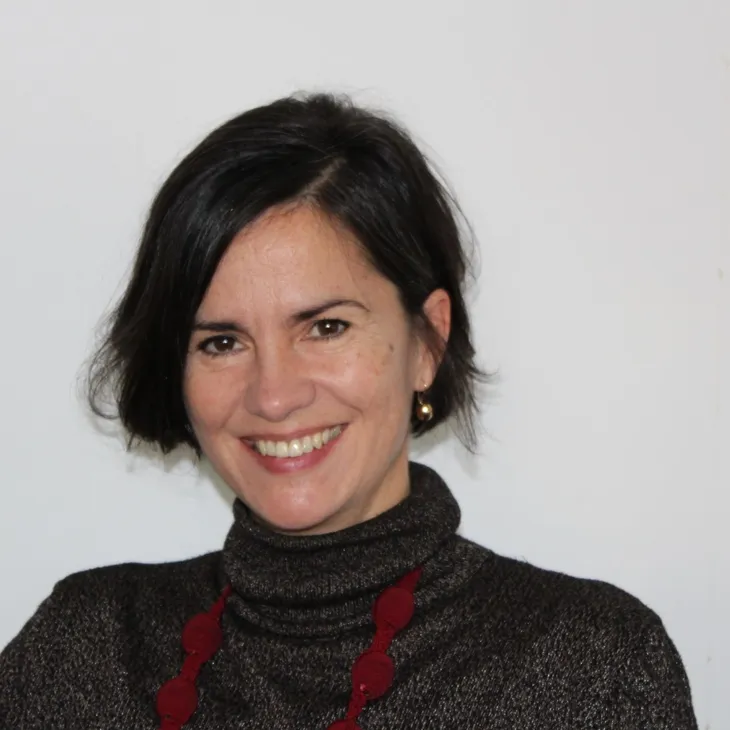In this post, Kathleen Murphy-Hollies interviews Carme Isern Mas on a new exciting project, on the cognitive bases of epistemic injustice in healthcare.
Kathleen: Can you tell us a little bit about your project?Carme: This is a project funded by a Grífols Research Grant in Bioethics from the Fundació Víctor Grífols i Lucas. The main aim of this project is to explore whether people with somatic and psychiatric conditions are given less credibility than their healthy counterparts due to identity prejudice, and if so, to investigate under which conditions this is the case. To achieve this, we plan to use experimental methodology, particularly through vignette-based studies.
In particular, we ask whether epistemic injustice in people with clinical diagnoses is influenced by the effect of the label of the diagnosis, the epistemic privileging of scientific and medical evidence, and the effect of the clinical context. We hope that this will allow us to complement the existing empirical evidence gathered through interviews, conversation analysis and questionnaires, among other methods.
Kathleen: Is your project interdisciplinary? How do you think that is helpful/valuable?
Carme: Yes, our project is interdisciplinary, and we believe this approach adds significant value to our research and to the broad discussion around epistemic injustice in healthcare. In particular, we aim to contribute to this philosophical and ethical discussion by exploring one of its main empirical claims, namely, that the testimony of people with somatic and psychiatric conditions is given less credibility than that of healthy people because of an identity prejudice.
Therefore, our project aligns with the research programs of experimental philosophy (x-phi) and, more specifically, experimental bioethics (bio-x-phi), both deeply interdisciplinary. To that end, our team is composed of qualified researchers, including Alfred Archer, Ivar R. Hannikainen, and myself, with expertise in applied ethics, moral psychology, bioethics and experimental methodology.
Kathleen: What do you hope the project will accomplish/change?
Carme: There is a need for empirical research that studies the scope of epistemic injustice towards people with medical conditions and the factors that contribute to it. This project aims to fill this gap by conducting several studies based on vignettes that manipulate an agent’s kind of medical condition, their specific diagnosis, or the context in which they share their testimony, among other things.
By examining the impact of these manipulations on credibility attributions, we aim to shed light on the role of negative stereotypes in shaping such attributions. In addition, this project might help us understand how credibility attributions vary in different contexts, including medical and non-medical settings, and across different psychiatric conditions. The results of this research might have implications for healthcare professionals, policy makers, and other stakeholders interested in promoting more equitable and fair practices in healthcare.
By highlighting the mechanisms underlying epistemic injustice toward people with medical conditions, this study can inform the development of interventions aimed at reducing bias and improving the quality of care for these individuals.
Kathleen: What are the future plans for the project?
Carme: In addition to conducting studies, we aim to disseminate our findings through academic publications, conferences and other relevant platforms. We might also explore potential collaborations with healthcare professionals and institutions to include their valuable feedback and insights in our research.
Carme Isern Mas is an assistant professor at the University of the Balearic Islands, specializing in moral psychology, and applied ethics.
Her research interests lie in topics such as blame, empathy, moral motivation and self-deception. She is also interested in the bioethics of mental health and the ethics of fame.












